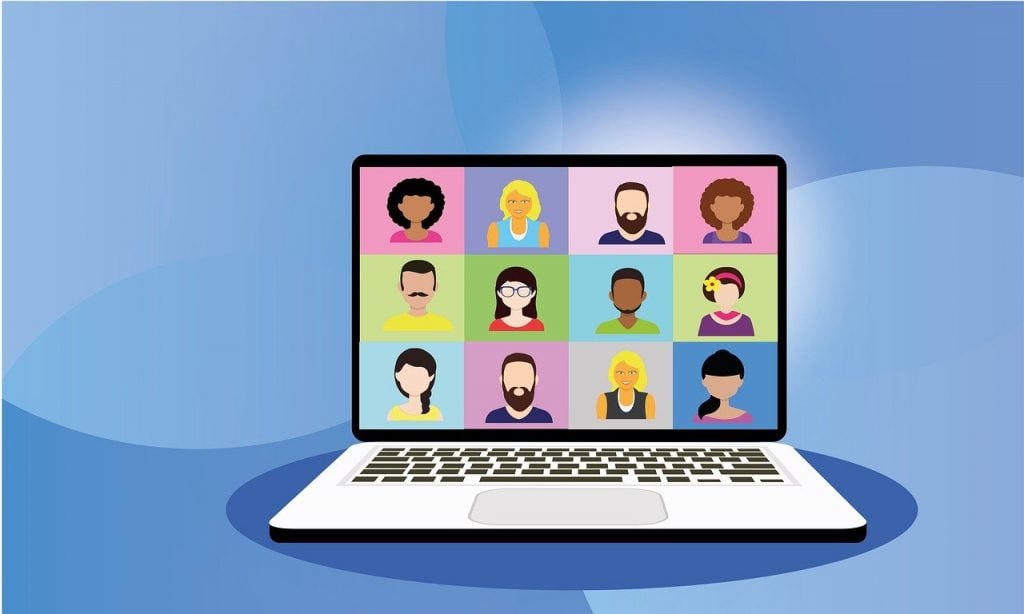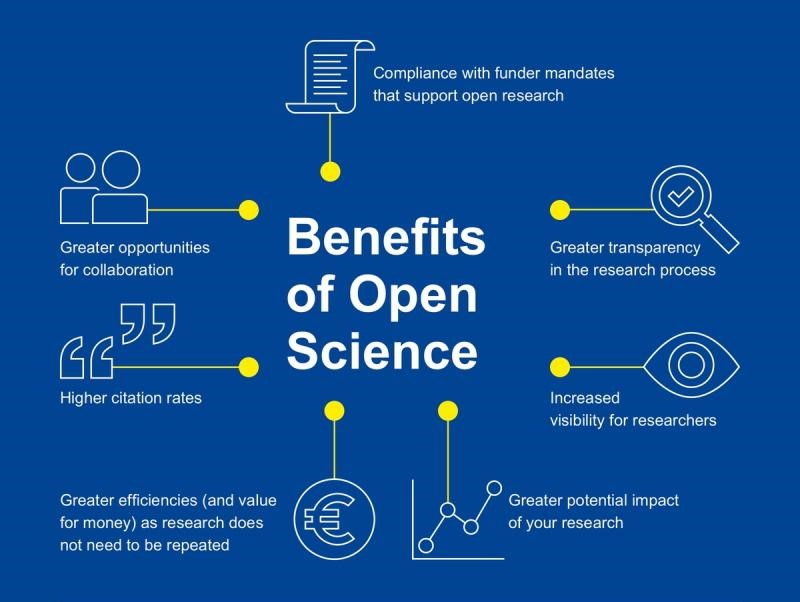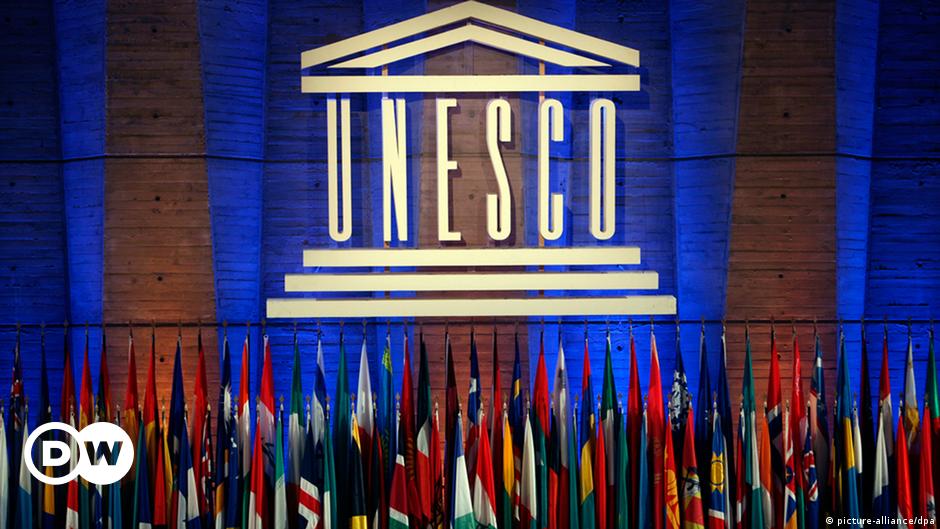Addressing Mental Health in Academia
Addressing Mental Health in Academia https://opusproject.eu/wp-content/uploads/2024/06/Managing-Mental-Health-During-COVID-19.webp 1000 584 Open and Universal Science (OPUS) Project https://opusproject.eu/wp-content/uploads/2024/06/Managing-Mental-Health-During-COVID-19.webpFriday 28th of June, 12.00-13.00 pm CET on Zoom
The prevalence of mental health symptoms within the academic community has become a growing concern. Both early career researchers and senior academics face significant challenges, with notable incidences of depression, anxiety, and burnout. This trend raises alarms for both the research community and policymakers, highlighting the urgent need for effective strategies to address mental health issues within academia.
One potential solution lies in fostering support through the academic community itself. By leveraging the power of peer networks and mentorship, academics can find valuable support systems to navigate the mental health challenges associated with their demanding careers.
To explore this approach, the fourth webinar in a series on mental health will be held on June 28, from 12:00 to 13:00 CET. This webinar will feature a panel of three distinguished members of the Young Academy of Europe (YAE) who will delve into the critical role of mentorship in academia. Both mentors and mentees can benefit from these relationships, as they provide a platform to voice and work through mental health issues.
The panelists for this event include Mar Rus-Calafell, Bhismadev Chakrabarti, and Scott Bremer, who will share their diverse experiences with mentoring. The discussion will be moderated by Viktorija Vaštakaitė-Kairienė, the YAE Activities Chair. Attendees are encouraged to contribute their questions and experiences to enrich the conversation.
This mental health webinar series will conclude with a workshop focused on scientific leadership, with a particular emphasis on mental health. This workshop will take place at the YAE Annual General Meeting (AGM) in Strasbourg on August 26th and 27th. Interested individuals are encouraged to register and participate in this culminating event.
Through initiatives like these, the academic community can come together to address mental health challenges, creating a supportive environment that fosters well-being and resilience.
Photo via Alivio












